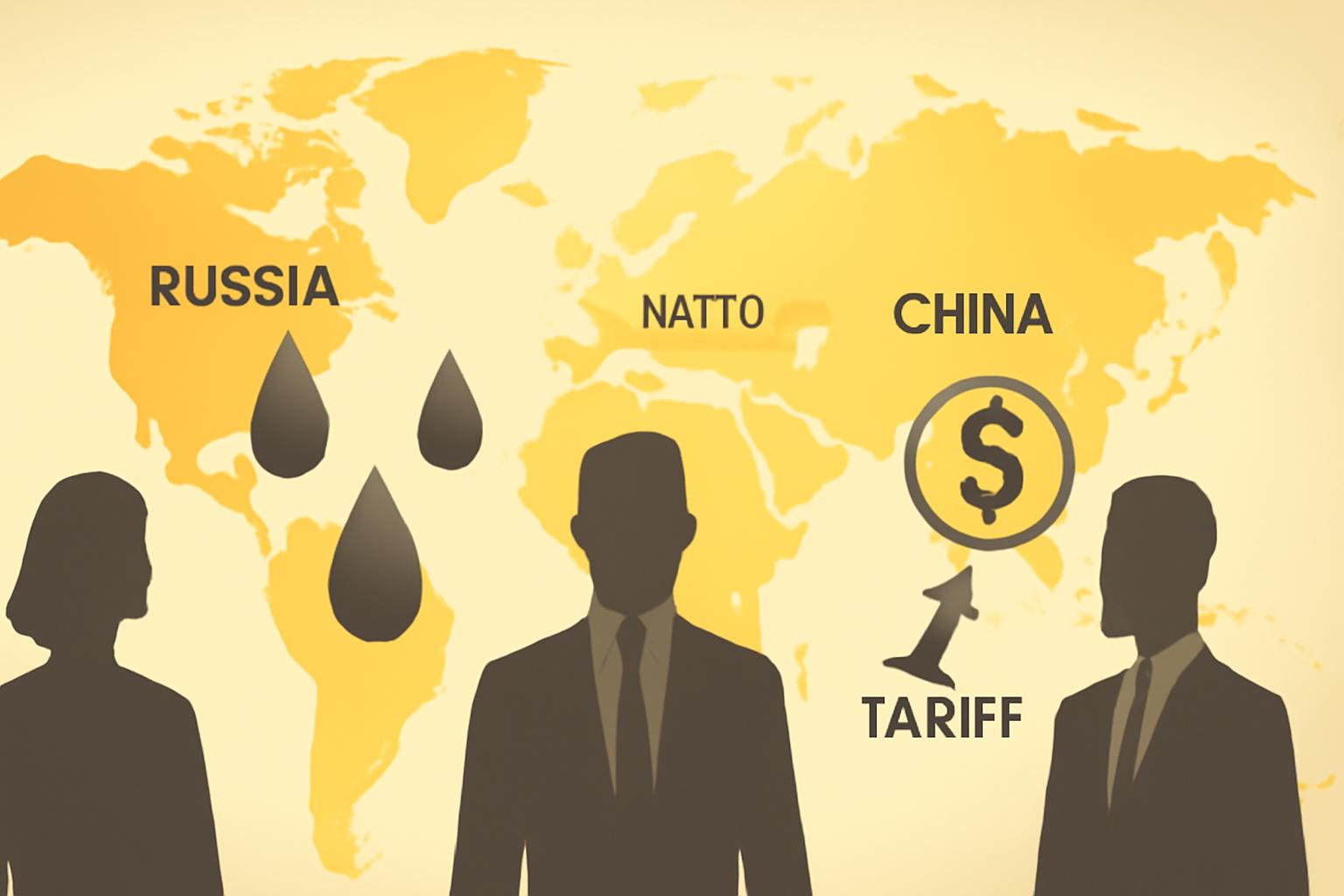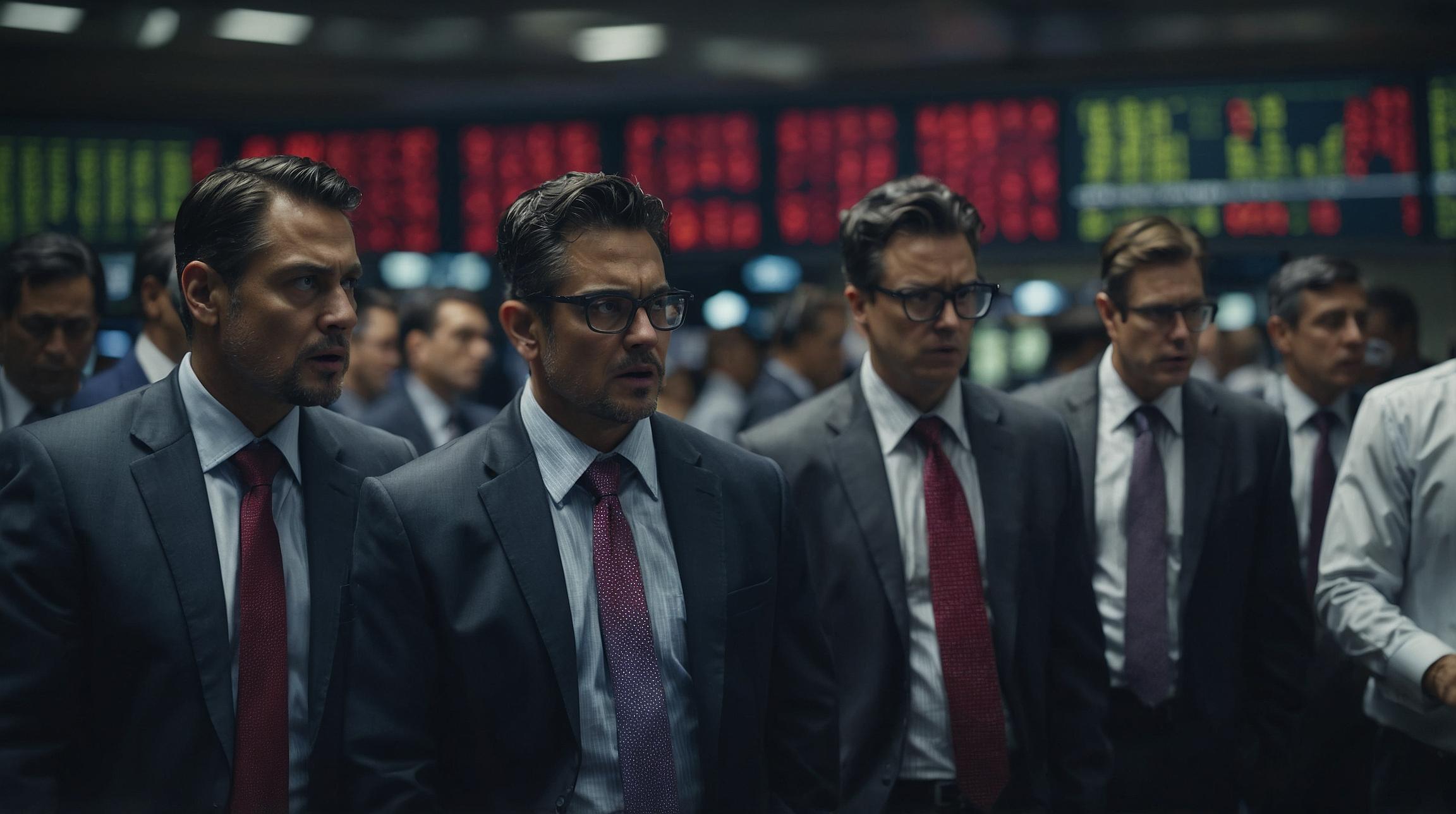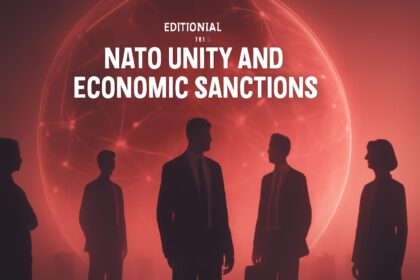Trump Signals Readiness for Major Sanctions on Russia Pending NATO Action
Former U.S. President Donald Trump declared on Saturday his willingness to impose “major sanctions” on Russia, contingent upon all NATO nations adopting similar measures, including a halt on Russian oil imports. Trump’s announcement came via a post on Truth Social, where he also called for imposing tariffs ranging from 50% to 100% on China, aiming to disrupt Beijing’s influence over Moscow during the ongoing Russia-Ukraine conflict.
Pressure on NATO Allies to Coordinate Sanctions
Trump emphasized that the effectiveness of sanctions hinges on unified action by NATO members. “NATO’s commitment to WIN has been far less than 100%, and the purchase of Russian Oil, by some, has been shocking!” he wrote. This statement underscores frustration with countries like Hungary and Slovakia, which continue to import Russian fossil fuels despite international criticism.
By urging NATO nations to cease Russian oil purchases, Trump seeks to enhance the coalition’s leverage over Moscow. “It greatly weakens your negotiating position, and bargaining power, over Russia,” he added, highlighting the strategic importance of economic pressure in ending the conflict.
Tariffs on China to Undermine Moscow-Beijing Ties
In his post, Trump linked China’s economic grip on Russia to the prolongation of the war, advocating for sweeping tariffs on Chinese goods that would be lifted once the conflict concludes. “China has a strong control, and even grip, over Russia, and these powerful Tariffs will break that grip,” he asserted.
Trump’s approach suggests a broader geopolitical strategy aimed at isolating Russia by targeting its powerful ally, China. This stance reflects concerns among analysts about the potential strengthening of Sino-Russian ties if Russia faces defeat in Ukraine.
Context and Analysis
Trump has previously threatened sanctions on Russia but refrained from implementing them, with some analysts attributing this hesitation to his hopes of mediating a peace deal between Russia and Ukraine. Chris Weafer, CEO of Macro-Advisory, noted earlier this month that a Russian defeat could drive Moscow closer to China, thereby increasing Beijing’s regional influence.
Meanwhile, U.S. Secretary of Energy Chris Wright reiterated the objective of displacing Russian gas imports entirely to end the war in Ukraine, aligning with Trump’s call for unified action among allies.
FinOracleAI — Market View
Trump’s announcement signals potential escalation in economic pressure against Russia, contingent on NATO’s coordinated response. The market may react positively to prospects of unified sanctions, which could further constrain Russian energy exports and impact global energy markets. However, the risk remains that uneven commitment among NATO members, especially those still importing Russian oil, could dilute the sanctions’ effectiveness and prolong geopolitical uncertainty.
Investors should monitor NATO’s next moves regarding energy imports and any concrete tariff implementations on China, as these actions will shape the trajectory of economic sanctions and geopolitical tensions in the near term.
Impact: neutral













